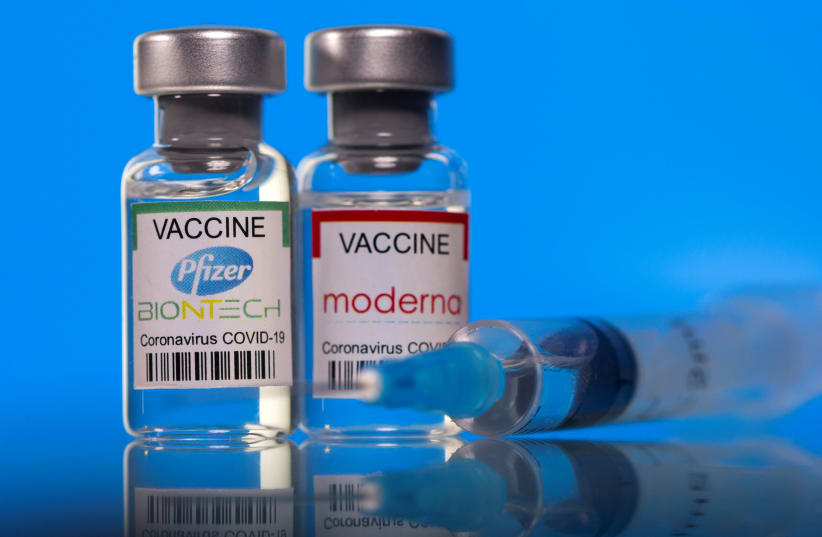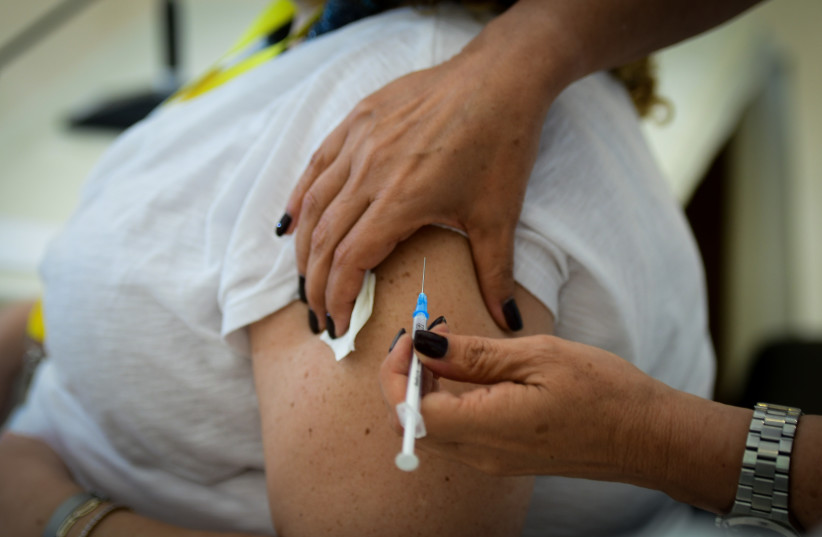White Evangelicals are particularly resistant to vaccination against COVID-19, say statistics. And according to a recent study by Yale University researchers, the situation might have gotten even more challenging.
“We show that values-consistent messaging is largely ineffective among White Evangelicals, despite success [using this messaging] with preventative behaviors,” a paper published in the journal Proceedings of the National Academy of Sciences explained.
A Pew Research Center survey published in September found that only 57% of White Evangelical Protestants had received at least one shot of the vaccine, compared to 86% of Hispanic Catholics, 79% of White Catholics, 73% of White non-Evangelicals and 70% of Black Evangelicals.
The Yale research team sought to evaluate whether there were messages that could persuade this cohort to get the jab.
To do so, they looked at data from two surveys: one of 855 people taken in the fall of 2020, before vaccines were available, and another of 2,419 individuals taken in spring 2021. Respondents in both surveys were randomly assigned to treatment messages promoting COVID-19 vaccination.
Three outcomes were measured: willingness to vaccinate, willingness to advise a friend to vaccinate and negative judgments of someone who chose not to vaccinate along five traits - trustworthy, selfish, likeable, competent and intelligent.
In the first study, taken when former US President Donald Trump was in office, a message about community interest and reciprocity (CIR) − with an added message of how embarrassed (embarrassment) and ashamed the person would feel if he or she chose not to get inoculated and then infected someone else − was the most effective and increased intention to vaccinate.
Specifically, the CIR + embarrassment messaging led to a 30% increase in intention to vaccinate, a 24% increase in intention to advise a friend and a 38% increase in the negative evaluation of people who did not vaccinate.
In the second study, however, the message of community interest no longer proved effective, meaning it did not work to convince these individuals that they should vaccinate.
In both studies, values-consistent messaging failed, despite a separate survey taken in August 2020 showing that White Evangelicals could be persuaded to wear masks with values-consistent messaging.
The study highlighted the need to re-evaluate messaging over time, the researchers wrote, as well as the limitation of values-targeted messaging and the need to consider diversity in messaging even among communities that seem to be more uniform.
It also shows that when it comes to COVID-19, what was true at one point in time may not be true later.
The team said there could be additional reasons for the gap between the two surveys and the original survey taken in August 2020 on masking, such as − those who remained unvaccinated by June 2021 had managed to resist persuasion for six months, and that in August the messaging had a messenger, Trump or an Evangelical leader, “making it difficult to separate out the effect of the value from the endorsement.”
The Yale researchers admitted that the results raise the question of “whether White Evangelicals can (still) be persuaded to get vaccinated against COVID-19” at all.
“At this point, unvaccinated White Evangelicals seem resistant to messaging aimed at persuading them of the benefits of being vaccinated against COVID-19,” said study co-author Gregory A. Huber, the Forst Family Professor of Political Science in Yale’s Faculty of Arts and Sciences, in an article on the study that was published on Yale’s website.
“It’s not clear whether this is because resistance to vaccination among White Evangelicals has increased over time or that the current holdouts were always the least persuadable,” he said.
“What is clear is that messaging that was effective last fall, before vaccines were approved, now seems ineffective.”

